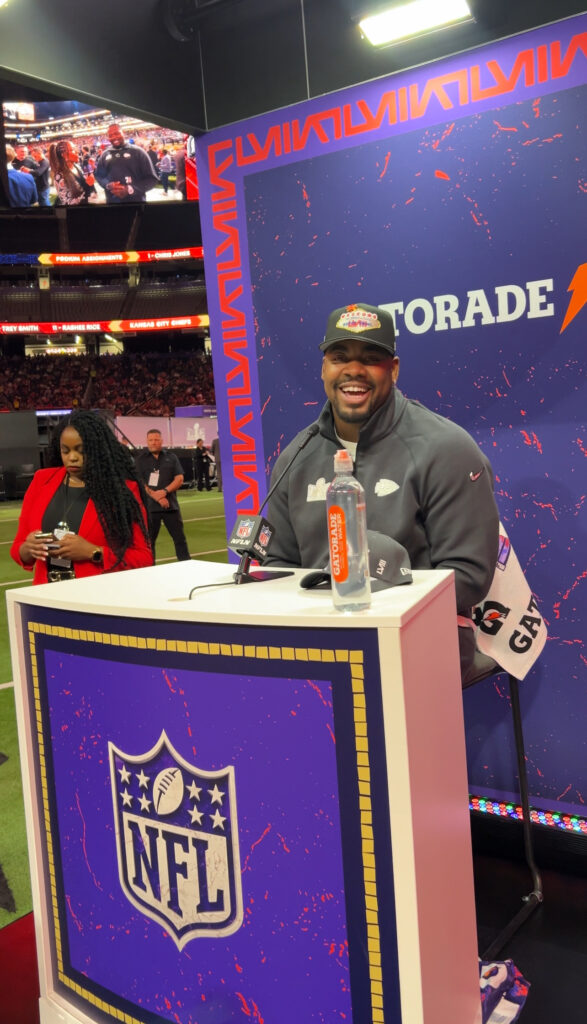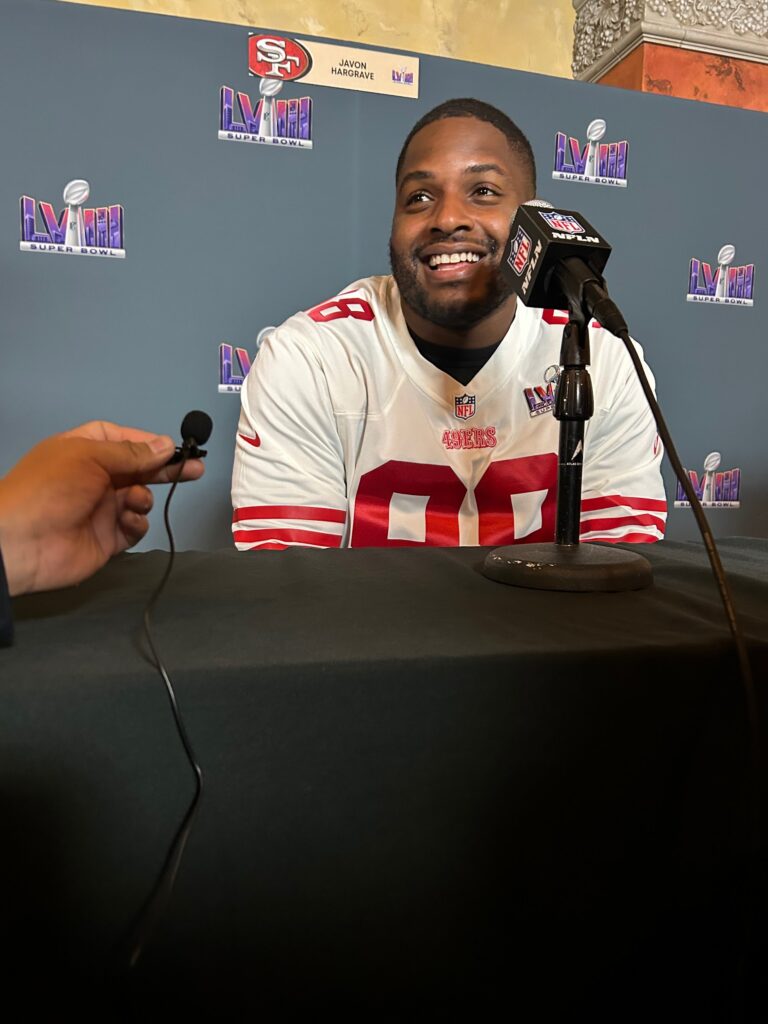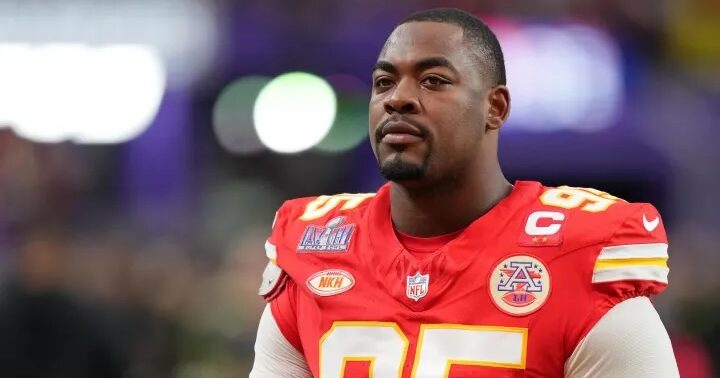Historically Black Colleges and Universities have been around since 1837 but most athletes don’t even consider or think about playing for one.
Growing up most athletes dream of going to programs like LSU, Alabama, and so on. Thinking that going to the best programs will lead them to the NFL to one day have the chance to play in the Super Bowl.
Well, Super Bowl 58 is here and each team has players that have played at HBCU and now they are playing in the biggest game of their career.
So this goes to show that going to these big flashy programs does not guarantee you the opportunity to play at the next level.
I had the opportunity to talk to players on the Kansas City Chiefs team and the San Francisco 49ers about their decisions when it came to choosing a college team to play for.
When talking to these players most of them said coaching played a big part in whether they wanted to play for that team.

Chris Jones, Defensive tackle for the Kansas City Chiefs said, “ Growing up HBCUs were not as known as they are now but if I were to go to a college now I would play for Alcorn.”
Deion Sanders brought the attention to HBCUs when he committed to be the head coach for Jackson State in 2020. Top players out of high school started to look into playing for an HBCU. Travis Hunter was the number one recruit in his class and he committed to Jackson State so he could play for Deion Sanders.
San Francisco 49ers cornerback Deommodore Lenoir also said that he was not thinking about playing for an HBCU but if he did he would play for Deion Sanders.
This goes to show how important coaching is and having top-notch facilities is not as important.
HBCUs may not have the best facilities like Alabama and other top college programs but facilities don’t play a big factor in athletes getting to the next level to play for the NFL.
Playing for a team that believes in you can really impact a player’s growth. Having coaches that help guide you to be the best player you can be is a valuable asset and can play a key role in helping these athletes to get to play in the NFL.
Javon Hargrave defensive tackle played for South Carolina State which is an HBCU and he said the history and the coaching are the main factors he looked for when playing for a team.
“ South Carolina was the only one that really gave me a chance,” Hargrave said, “What made me really comfortable with South Carolina State is seeing all the players that came through there before me and I just wanted to have a chance at the NFL.”
When looking into the history of HBCU football programs, the purpose of these programs was to give these athletes a chance. There was a time when black athletes were not welcome to play at predominantly white schools. That is why HBCUs are so important; they allow athletes the opportunity to make it to the next level when other schools won’t.

Now Hargrave is playing in Super Bowl 58 after playing for the NFL since 2016. HBCU has a long history of producing some of the best athletes and Hargrave is not the only one that has made it to the Super Bowl.
Otis Taylor played for Prairie View A&M University an HBCU and made it to the NFL with quite a successful career playing for the Kansas City Chiefs and even won Super Bowl 4.
Taylor is part of HBCU history, NFL history, and more importantly, Prairie View A&M University’s history, which is my alma mater. I agree with these players that the history of the athletes is important and is inspiring to know about all the greats that came before me and can spread hope that one day I can be one of the greats as well.
Attending an HBCU can truly be a life-changing experience and it personally changed my life. Playing for a school with such a rich history really gave me a different perspective on life as an athlete and a person.
Joshua Williams played for Fayetteville State an HBCU as well and he is now playing in the 2024 Super Bowl. He did not know much about HBCUs until he attended one and he was happy he did.
“It was the best decision I ever made,” Williams said. “Fayetteville State was the best option football-wise. It was really a blessing. I didn’t know what I was going into. I just knew this is where I was going because of football. I went there and I learned the culture and it was a great experience.”
HBCUs may not be considered the best football programs and there is room for improvement. However, HBCUs are not lesser than predominantly white institutions. Williams and Hargrave are proof that you can still have a successful career in the NFL by playing at an HBCU and having the opportunity to win a Super Bowl.
HBCUs have paved a path for black men to play football. While doing so have produced legends in the game and are continuing to make history.


